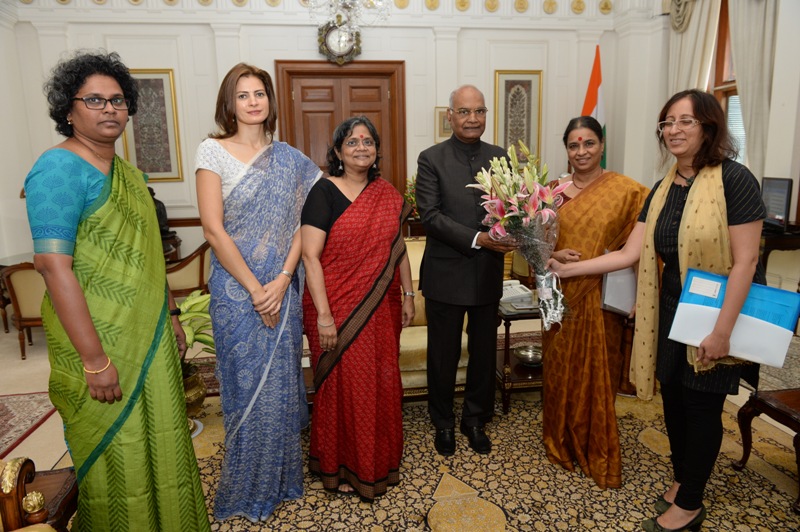Theoretically, a democracy is of the people, for the people and by the people. Ideally, a democratic government is supposed to represent all of its constituents – men and women. Women make up half of the world’s population, yet as of March 2017, according to Pew Research, there were only 15 female heads of government. The United States, the world’s most powerful country, and apparently one of the most progressive, hasn’t yet had a female president. Though women form a majority group, they are the most underrepresented majority in politics. The case for women in political leadership is simple – they will be representative of half the population, and with that bring in a new perspective.
A diverse political leadership translates into diverse policies that are representative of its people. If women are on the fringes of politics, then it will be harder to implement women-friendly policies. Recently, India introduced the Goods and Services Tax (GST), a grand achievement 17 years in the making. However, its crucial decision- making council lacked the participation of even a single female member. What that led to was a 12% tax on sanitary napkins that should actually be free or highly subsidised in a country, where about 23% of girls drop out of school after touching puberty, and where 90% of women don’t use sanitary napkins because they can’t afford it. This particular tax led to a contentious debate in the public sphere and one that could have been avoided to begin with, perhaps if there had been a female member on the council.
Women have different physiological and psychological experiences than men, hence it is imperative they are adequately represented in governmental bodies to convey the experiences of a broader section of society. While men in political leadership may be able to represent the needs of women in society, women, however, will be able to ask pertinent questions or bring new perspective to legislation and executive policies just by virtue of being a woman. In a “for the people” democracy, every group’s interests should be articulately represented for the equal progress of everyone. According to an Inter-Parliamentary Union study released in 2017, India ranks 149 among 193 countries in terms of female representation in the lower house of parliament. The global average is 22% while India’s is a paltry 11.8%. Currently in the country, one of the prime issues marginalising women is that of safety. Ironically, the dialogue is obviously dominated by men because most of the political leadership is male. Thus, unsurprisingly, not only is the female point of view on their security ignored, but also not enough is being done by the government to mitigate the problem. Perhaps to make meaningful headway on this issue, it would be fitting to have greater female participation in the debate, as well as in law enforcement agencies.


Further, studies have shown that female politicians focus on different policies. A comprehensive study, Men Rule: The Continued Under-representation of Women in US Politics, by the Women and Politics Institute, School of Public affairs, found that women “hold more liberal preferences on welfare policy than men”, “are more likely than men to vote for reproductive rights”, more likely to focus on bills pertinent to women, children and family issues, and are more likely to “advocate for rehabilitation programs and less likely than men to support punitive policies”.
There is no doubt that a colossal shift from the status quo has become imperative – countries across the world need to become more active in balancing the sex ratio in politics. More female representation in politics is needed to not only represent the issues facing women, but also to present role models to young girls, who currently feel dissuaded from entering the political realm.
About the Author


Shreya Kalra professionally identifies herself as a journalist with a keen interest in gender issues. She has previously worked for media organisations in the UK, UAE and India. Her global upbringing has instilled in her a deep sense of curiosity about the world’s cultures and people’s behaviours, and led her on a quest to find out the how’s and why’s of human nature and existence.





